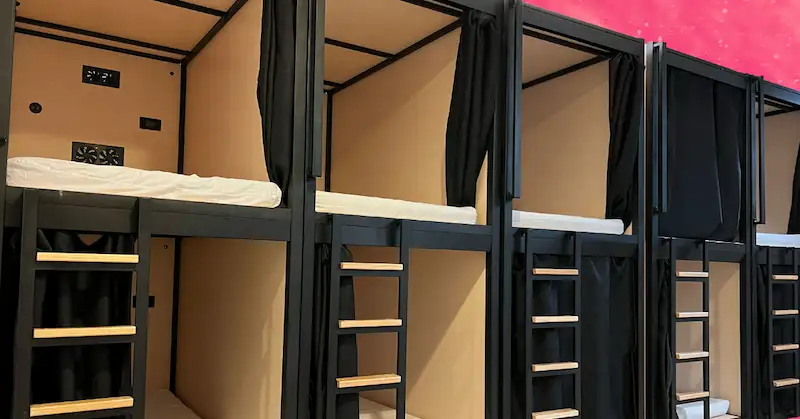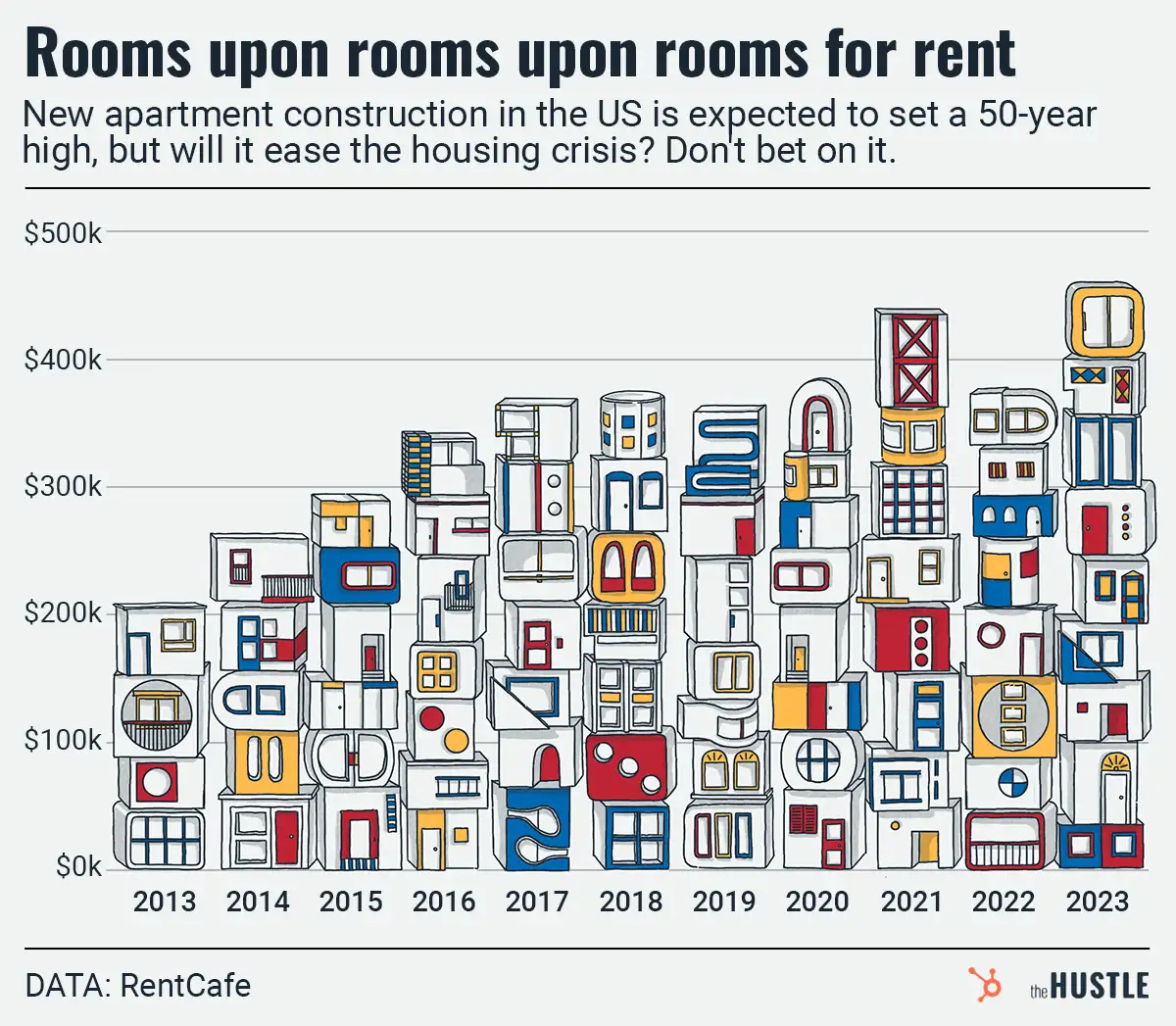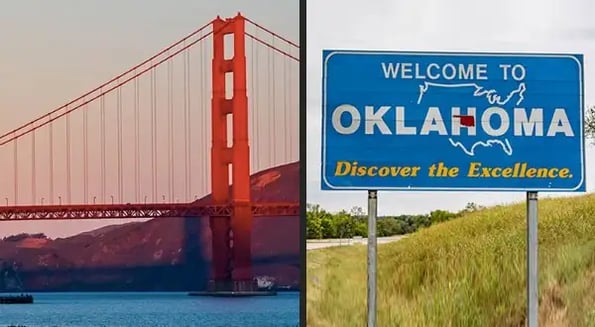
Everyone wants to pay you to leave the Bay Area
More localities are rolling out stipends for remote workers. But good luck getting one.
Published:
Updated:
Related Articles
-

-

Big Tech power rankings: Where the 5 giants stand to start 2024
-

Adam Neumann’s apartment startup is here
-

The government can read your push notifications
-

The newest addition to workplace benefits? Caregiving support
-

What the heck is going on with Airbnb in NYC?
-

Why tech workers are sleeping in expensive boxes
-

Branded residences aren’t just for hotels anymore
-

Apartments are getting built at a record clip — it’s too bad they aren’t the right kind
-

Will the Bay Area get a new city?

